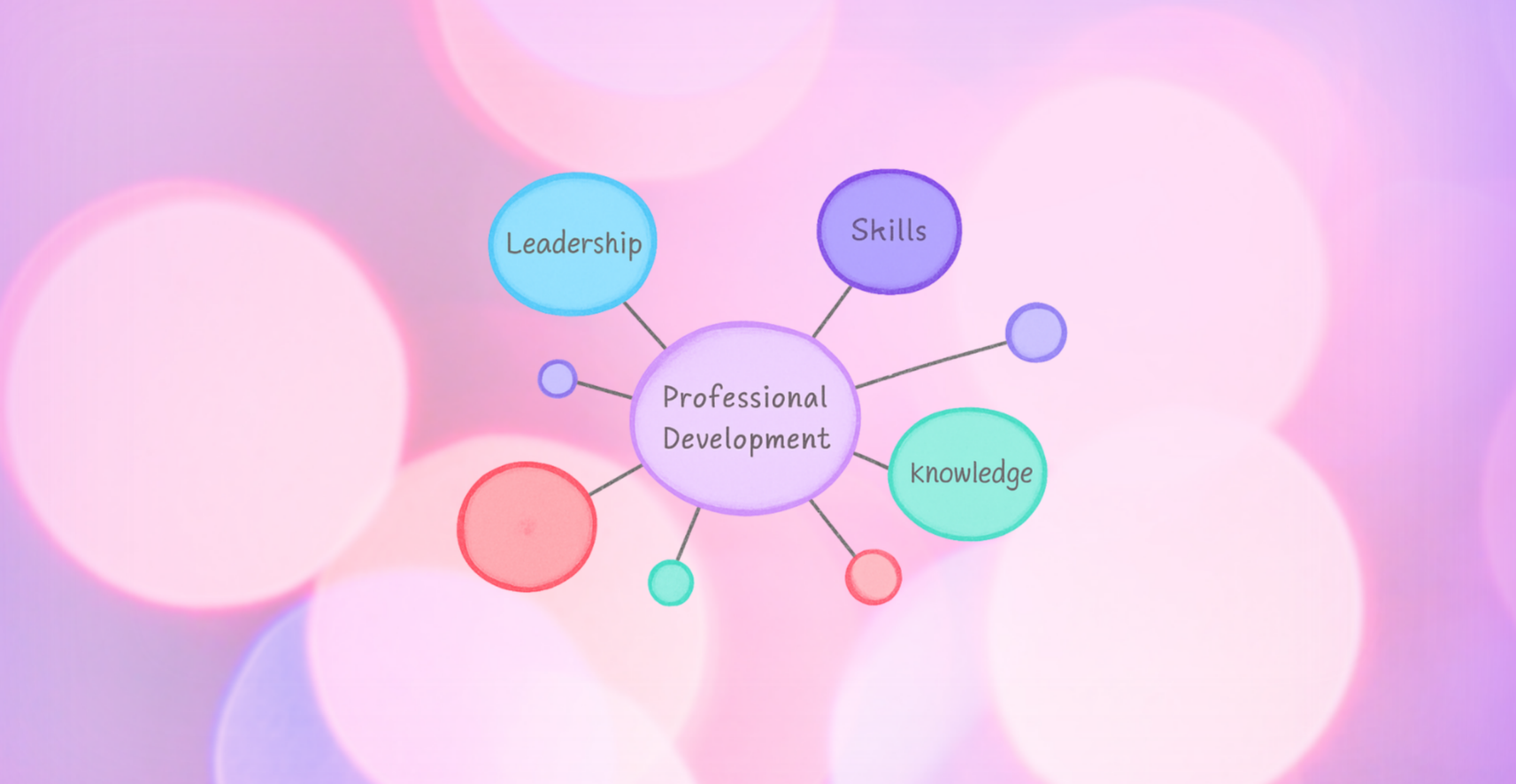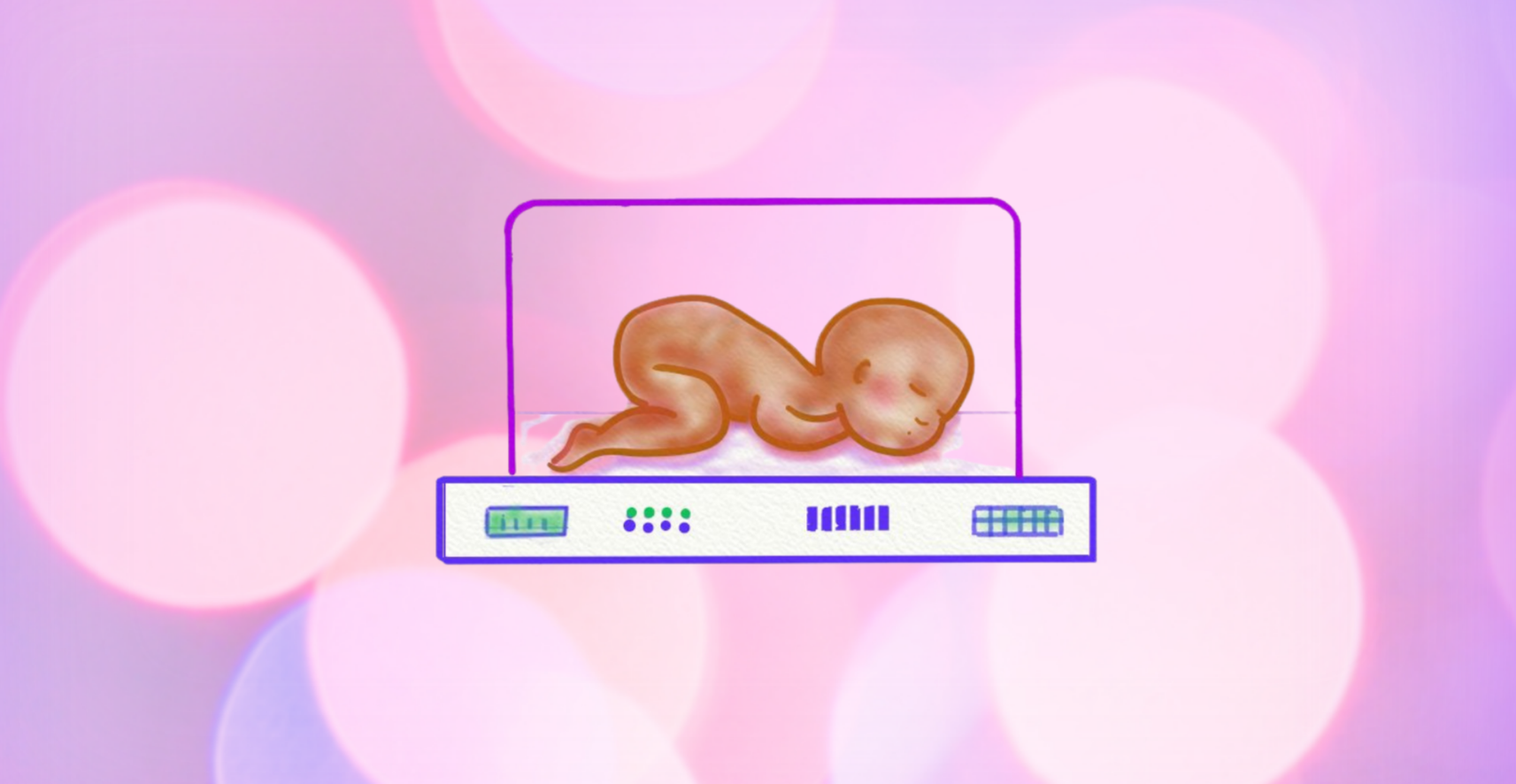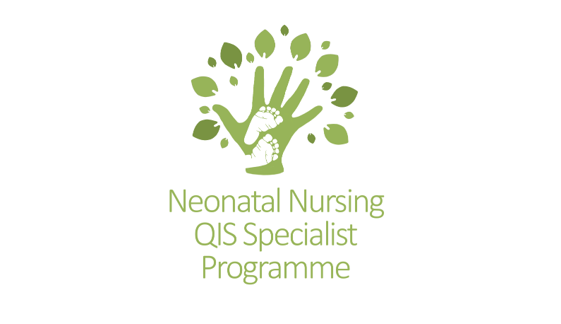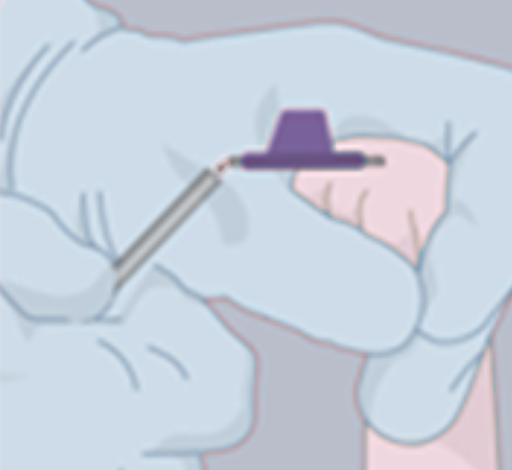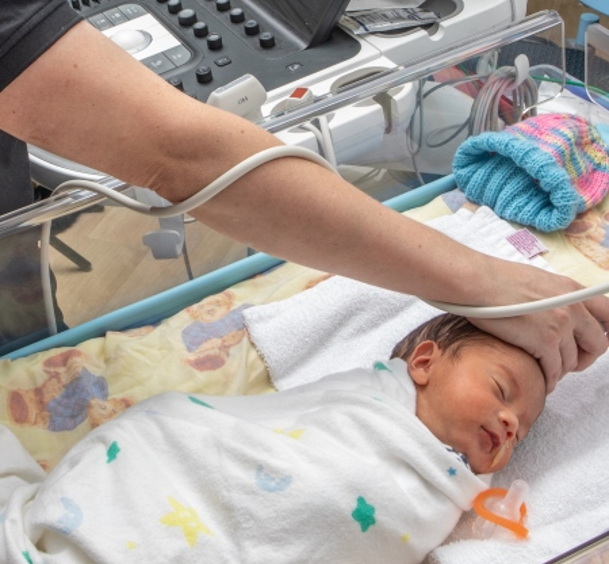Site home
Skip carousel Show all carousel content
Our Vision
Our Vision
The Network Education team works collaboratively with the Practice Educators, Specialist Nurses and AHP's within the Network and the neonatal units across the Thames Valley and Wessex region. Together we aim to create a range of programmes to develop your knowledge, skills, values and behaviours. By working with us, and through your commitment, we will help you accomplish your full potential as neonatal health care providers, thus contributing to achieving the best outcomes for the babies, families and carers in our units.
Contact Us
Contact Us
If you have any questions or queries regarding the programmes we offer please contact us:
Lindsey Macfarlane - Education Lead: lindsey.macfarlane@nhs.net
Susi Hill - Education Lead: susi.hill1@nhs.net
Lynette Kinnaird - Education Administrator: lynette.kinnaird@nhs.net
About the Network
About the Network
Operational Delivery Networks (ODNs) are formal structures in which NHS Trusts, commissioners and patients work together to optimise healthcare and ensure the best possible outcomes. They focus on coordinating patient pathways between hospitals over a wide area to ensure access to specialist resources and expertise. There may be occasions that necessitate transfer to different hospitals either within or outside of a network to access the specialist care required. To learn more about the Thames Valley & Wessex ODN visit our website.
Skip available courses

View course
Available courses
Number of topics: 9
View courseNumber of topics: 5
View courseNumber of topics: 4
View courseNumber of topics: 6
View courseNumber of topics: 10
View courseNumber of topics: 1
Cranial ultrasound is a valuable screening tool and performed frequently on the neonatal unit both in term and preterm infants. It can be used to identify and monitor a number of important pathologies to include intra-ventricular haemorrhage, post-haemorrhagic ventricular dilatation, cystic periventricular leukomalacia, structural anomalies and perinatal arterial ischaemic stroke. It is safe (avoids ionizing radiation), portable and can be performed quickly and repeated as many times as required to monitor progress. It is therefore an important skill for paediatricians and neonatologists to develop. This course is designed to introduce learners to the basic principles of cranial ultrasound in neonates, including how to perform a scan, obtaining standard views and how to identify normal and abnormal scan findings
Course Aim:
To provide an overview on how to perform and interpret cranial ultrasound scans in neonates
Course Objectives:
1. To provide an overview on how to perform and interpret cranial ultrasound scans in neonates.
2. To identify normal variants (in term and preterm infants) on cranial ultrasound.
3. To provide an overview of common pathologies & structural malformations which can be identified on cranial ultrasound.
4. Learn how to write a structured scan report.

